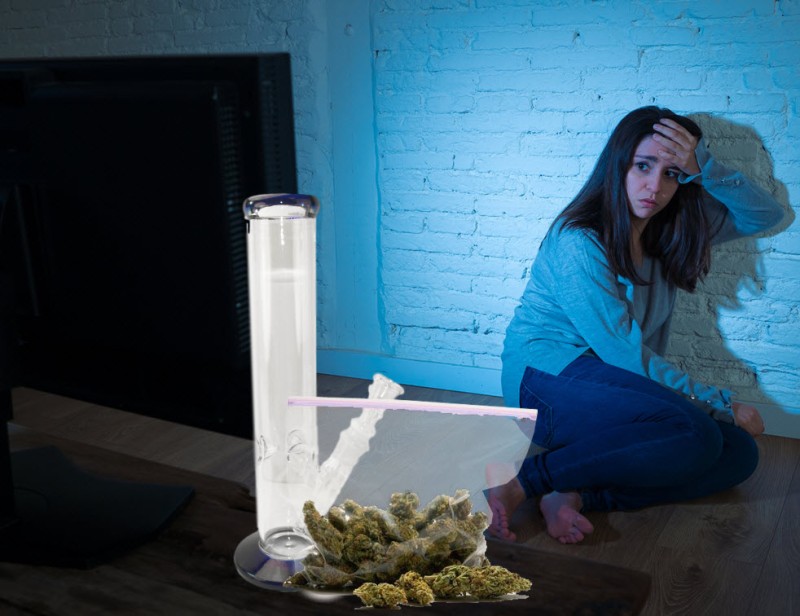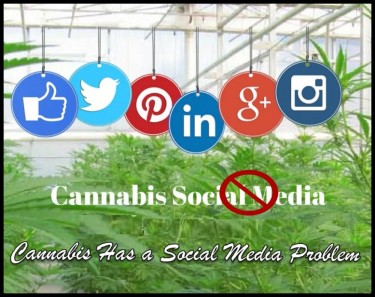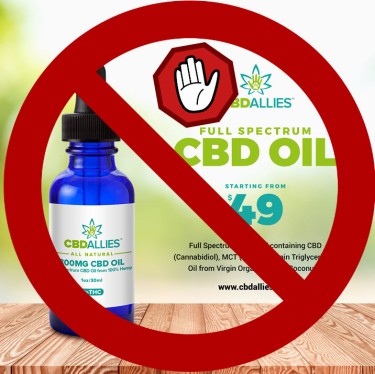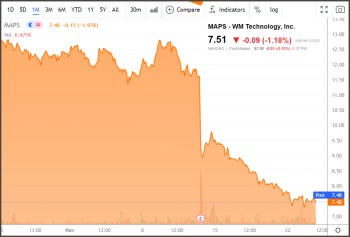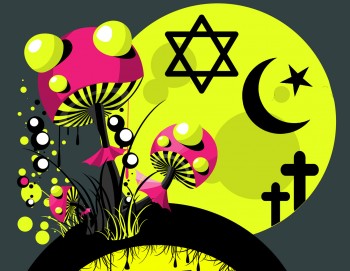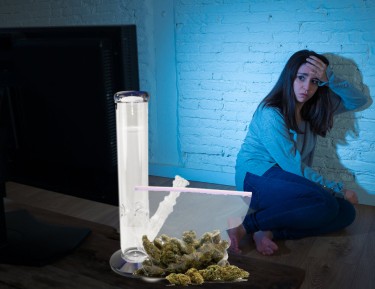
We’re often told about the dangers of cannabis. We’re told that if you smoke cannabis as a young person, you significantly increase your risk of Schizophrenia. We’re told that you’ll be cognitively less capable if you smoke before a certain age and that cannabis is a Schedule I drug, sitting right there with heroin and crack cocaine.
Of course, for those of us who smoke – we know that these claims are absolute horse shit, however, I thought that it would be an interesting concept to compare the “dangers of social media” in comparison to that of cannabis. We’ll use many of the same metrics that anti-cannabis campaigners used to justify prohibition.
We’ll be looking at things such as “how addictive is it?” and “has anyone died as a result of using it?” and other metrics including, effects on your body, mind, motivation and drive and so forth.
The idea is to paint a generalized picture on how a massively integrated technology experience is blindly accepted and often glamorized by the very people who would throw a hissy-fit about cannabis use.
Age
Let’s start with the first metric, age. Within virtually every legal cannabis marketplace, cannabis has an entry-level age requirement of at least 21-years. In places like Mexico, this is set to 18-years; however, this is not the norm. For most legal markets, you have to be considered an “adult” to partake of cannabis.
However, for both Twitter and Facebook, you only need to be 13-years old to essentially be exposed to the entire world. Places like Twitter even permits nudity, and while they probably have some sort of restriction on under-aged accounts, it doesn’t take a rocket scientist to bypass those restrictions.
Some might say, “13 isn’t that young to be on Social Media” but I’m sure the people who echo this sentiment hasn’t looked at how Social Media affects our brains.
Physiological Effects of Social Media vs Cannabis
Cannabis interacts with the endocannabinoid system – the system that is responsible for maintaining homeostasis throughout the entire body. Phytocannabinoids bond to cannabinoid receptors which engages or disengages a particular bodily function. When you consume THC, the psychoactive cannabinoid in cannabis, it binds with CB1 and CB2 receptors, which then alters the brain function from its baseline. The euphoria you feel comes from the release of dopamine among other physiological processes.
A study commissioned by Fox News looked into how Social Media impacted the brain and according to some health experts;
"Facebook likes and comments activate similar parts of the brain as opioids, where each like or positive comment activates the reward system and the brain releases dopamine…arguably, the feelings/experiences of the brain as a result of Facebook likes or comments is similar to those resulting from cocaine, albeit less intense…In addition, opioids have other significant negative effects on the brain, including shrinkage of grey matter and loss of memory." Dr. Tara Emrani (SOURCE)
Even former Facebook executives have expressed how they engineered their product to act in an addictive fashion or as they call it a “short-term dopamine-driven feedback loops”. The use of social media has often been compared to gambling or the use of cocaine. And while social media bypasses the need for physically ingesting a drug, they create the illusion of one which activates the same regions.
When you remove the fact that social media is “digital”, it is a drug by any other metric and seems to have real world impact on societal health as well.
Deaths
When it comes to cannabis, there is no possible way to have a lethal overdose from the drug itself. However, there is a case to be made for people who used cannabis and potentially had an underlying morbidity that lead to their death. This cannot be attributed directly to cannabis, but to say that cannabis use didn’t have an effect would be disingenuous.
A study looking into these types of deaths concluded; “While it is a drug with widespread usage among the community with relatively few deaths when faced with a circumstance of very recent use (within a few hours), a positive blood concentration of THC and a possible cardiac-related or cerebrovascular cause of death this drug should be considered, at least, a contributory cause of death in cases of sudden or unexpected death.”
In other words, there are “potential deaths” linked to cannabis but it isn’t conclusive. It’s merely correlation at this point. However, this isn’t to say that there is “no risk”, as smoking weed could potentially be a trigger for an underlying condition.
Social Media also has no real way to induce a “lethal dose” seeing that you aren’t technically “dosing” yourself. However, there is a type of death count attributed to Social Media, Suicide.
When you look at Suicide Rates, they have been steadily climbing since about the mid-2000s, interestingly about the same time that Social Media was adopted by society. There’s also numerous studies looking into this. Here’s some findings published in a Systemic Review of these studies;
The previous study found a 70% increase in self-reported depressive symptoms among the group using social media. The other social media influence that causes depression is sexual fun [12]. The intimacy fun happens when social media promotes putting on a facade that highlights the fun and excitement but does not tell us much about where we are struggling in our daily lives at a deeper level [28]. Another study revealed that depression and time spent on Facebook by adolescents are positively correlated [22]. More importantly, symptoms of major depression have been found among the individuals who spent most of their time in online activities and performing image management on social networking sites [14]. - SOURCE
Conclusion
When you compare cannabis and social media, you can see that both of them definitely have some sort of psycho-physiological effect on the individual, however – when it comes to Social Media we have no problem letting 13-year olds engage with a multitude of platforms.
Perhaps, if we treated Social Media as we treat Cannabis…the world would be much better for it.
CANNABIS AND SOCIAL MEDIA, READ MORE...
CANNABIS HAS A SOCIAL MEDIA PROBLEM, CAN IT BE FIXED?

